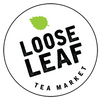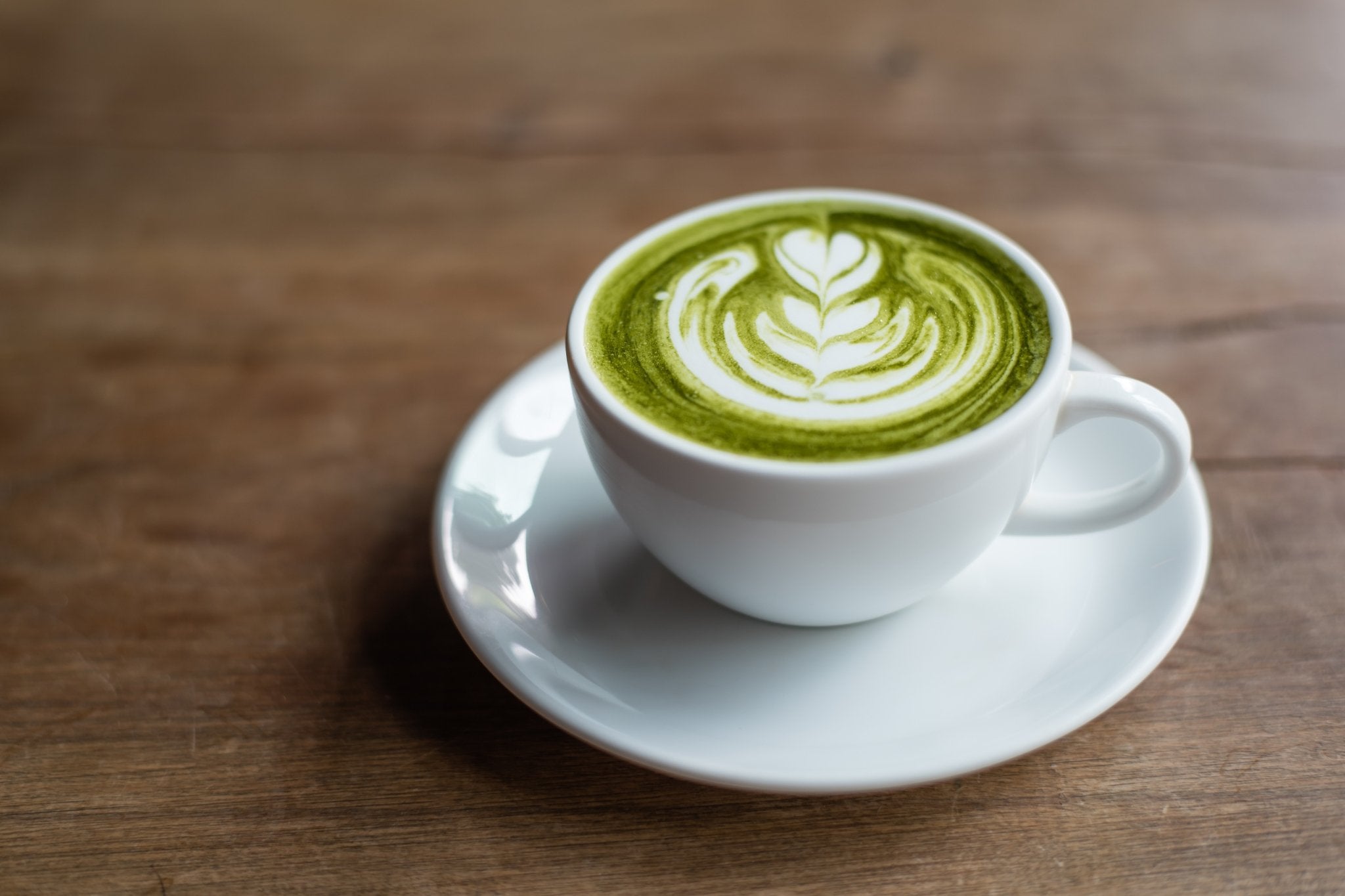*This post may contain Amazon or other affiliate links
Curious about the different levels of caffeine in different teas? Well, you're in the right place! In this blog, we'll dive into the caffeine content of various tea types, and provide some recommendations for low- and no-caffeine options. Get ready to feel energized and revitalized with the healing power of tea!
If you want to learn more about tea caffeine vs. coffee caffeine, check out Your Coffee Might Be Making You More Tired.

Share this on Pinterest
How Much Caffeine Is In Each Tea
Now that we've been over the benefits of tea caffeine over coffee caffeine, understand that not all teas are created equal when it comes to amount of caffeine. Depending on your natural tolerance to caffeine, you should pick a level of caffeine that works best for you.

The Tea With The Most Caffeine
While most people believe that black tea has the most caffeine, matcha actually contains the most compared to any other tea, at 70mg. To give you a comparison, 1 cup of coffee comes out at about 95mg per serving. While still less than coffee, matcha definitely packs a punch when it comes to caffeine. So, if you're wanting to transition off coffee, matcha might be a great first step!
Read more about the benefits of matcha.

But matcha isn't the only tea that can pack a caffeine punch. Puehr (Pu-erh) tea can also have high levels of caffeine. Also known as the "living tea," Puehr is a unique fermented tea that is soothing to the gut. Its rich, earthy flavor profile and gut-health benefits make it a favorite among tea connoisseurs and those looking to expand their tea horizons. Our favorite blends with Puehr are Bulletproof Breakfast and Coffee Quitter.
Teas With Low Caffeine
If you're looking for lower caffeine teas, oolong or white tea might be great options for you. These delicate brews, crafted from the same plant as their caffeine-heavy counterparts, are processed differently, resulting in a lower caffeine content.
Beyond boosting energy, Oolong tea is also known for its ability to boost metabolism and aid in weight loss. It also is rich in antioxidants, which can help reduce the risk of chronic diseases such as heart disease and cancer. Check out our favorite oolong teas: Bulletproof Breakfast Blend and authentic Ti Quan Yin Oolong Tea.
White tea is the least processed of all teas, making it the most potent in terms of antioxidants. It can provide smooth stable energy, in addition to helping protect the body from chronic diseases. Check out our favorite white tea blends: Sleek and Slender and yummy Tropical Vacation Tea.
Want To Skip The Caffeine? Try These Energizing Caffeine-Free Teas
If you're looking to skip caffeine altogether, herbal blends are an excellent option. For example, An Elephant Never Forgets is an energizing herbal blend made with ginkgo biloba, an herb has been shown to boost attention and memory. Smooth Jazz is another herbal blend that can be great for energy, as it supports mood, memory and focus.
In addition, rooibos tea is naturally caffeine free and has a range of potential amazing health benefits. If you want to learn more, check out The Incredible Healing Power Of Rooibos Tea and try the heart-healthy rooibos blend, I Heart Pomegranates.

Thanks so much for reading, I hope you found it helpful! If you enjoyed this blog, check out Tired Of Feeling Tired? Try These 8 Natural Hacks For More Energy. If you're finding this blog in April, then this month's Tea Talk Box is focused on energy! We curated four of our best energy-boosting teas into one sampler box. Check it out here.
Disclaimer: The information on this website is has been compiled from published sources and is provided only as a guide. While every effort has been taken to ensure that information published on this site is correct and up to date, this is not intended to diagnose, treat or cure any illness. Also, although all of our teas are generally regarded as safe, please consult your doctor before trying any herbal remedies, especially if currently using medication, pregnant or breastfeeding. We make no claims or guarantees regarding the effectiveness of our products/services, and results may vary from person to person.


